We’ve heard the uproar and it is our duty to set the record straight. Amber Events LOVES photography. Be it film or digital is besides the point. We respect and love all our vendors!
Our initial goal was to educate readers, specifically brides, about the topic. Our process includes inviting “guest” writers to tell us more about what they know! It’s understandable that content can get awry and fact vs opinion in a specialized field can put us in the hot seat, especially when we don’t filter content from our writers. You can imagine how much we’ve learned about “Bokeh” in the last 48 hours! It’s great to be educated on topics that aren’t your own.
We also wanted to take the time to extend deep appreciation for the photographers who addressed the previous post in a professional manner with us personally. Unfortunately some have resorted to cyber bullying which forced us to deactivate social media comments.
To wrap up this 2 part feature, please enjoy acclaimed photographer and Amber Events friend, JUSTINE UNGARO.
BY JUSTINE UNGARO

@JUSTINEUNGARO PHOTO CREDIT: MICHELLE BELLER
The previous article on the Amber Events Blog caused something of a stir amongst professional wedding photographers across the internet and left both digital and film shooters scratching our collective photographer head, hard…followed by a significant amount of rather violent face-palming. Once I cleaned the blood off, I thought it might be a good idea to write a follow up piece. As a photographer who works with the Amber Events team, I have been tasked with the responsibility of responding to an article that was at best extremely biased but also terribly misinformed in the fact department. So here goes.
First off, there is certainly nothing wrong with choosing film as one’s photographic medium, and it isn’t news that film photography has experienced something of a revival over the past couple of years. New photographers who have had all of the benefits of learning photography using digital cameras have been dusting off the medium format film bodies that we veterans mostly discarded about a decade or so ago. Seasoned photographers who cut our photography teeth on film know exactly what it looks like, its characteristics and its dreaminess/ creaminess/ whatever. And yet the majority of us have made the conscious decision to leave film behind for something apparently (according to the previous author) much worse, so much worse that we are (according to him) no longer considered pros because digital photography has ruined our ability to think, to compose, to create. All we have to do now is hold the button down to spray, and then pray for a few keepers. I hope that anyone with half a brain can weed through this logic to realize that it is simply not true. A film vs. digital debate is entirely unnecessary because they are simply two different mediums in the same genre, end of story. So here is where I get confused. If I am perfectly capable of shooting film but I choose not to, then there must be some benefits to digital photography that the previous post has overlooked?
At first I considered doing a similar experiment and putting digital and film head-to-head to show the superiority of digital in various situations. But then I realized I would have to wait too long for the film to come back from the lab and that ended that idea. So it follows that film is most definitely not faster. Film also does not mutate inside the camera, it goes through a chemical process and it is ultimately the lab that corrects and adjusts the skin tones and colors to make them look the way they do, during the scanning process when the lab turns the film image into what? A digital image…made entirely of pixels, just like one out of a digital camera. Other suggested “unique” properties of film were “bokeh” which I’m sorry to say has nothing to do with film and everything to do with lens optics. The small differences in the images that the previous author posted were in fact due to a difference in negative/ sensor size since he opted to compare medium format film with DSLR images(apples and oranges).

Caption: Digital can go just as large as film, in fact it can go bigger. Case in point, this digital image of Amber Events bride, Erin Robinson.
So why do the majority of wedding photographers choose digital these days? Ultimately for me the principle and most important reason is because digital allows me to be a better photographer. That’s right, for the way I like to work, I can shoot better and faster with today’s digital cameras. I can go from the darkest places to the brightest ones and almost instantly change my settings to transition painlessly between one to the other and back. The fast-paced nature of today’s weddings demand this sort of flexibility. Back when I shot with film only, the use of tripods and/ or artificial flash was essential in darker situations we can now glide through effortlessly with digital while keeping the ambiance of a scene intact. The fact that digital cameras can pretty much see in the dark has increased the quality and artistic nuances of wedding photography by leaps and bounds over the past decade.
Might we also consider the nature and constraints of most weddings? On the website of an all film wedding photographer, what kind of images are you likely to see? Ethereal portraits and delicious details in glowing natural light, right? But where is the wedding? Where are the images in the dark church? During the reception after dark? Of people hugging and crying and laughing and experiencing the full range of emotions that people experience on a wedding day? Things that often don’t take place in only in the presence of beautiful, natural light. They tend to be more or less missing, right? And why is this? Throughout the majority of a wedding, there is movement…and medium format film cameras with one focus point (vs up to 61 focus points on DSLRs) are not able to focus with the ease and speed of a digital SLR. They are also heavy and are simply not built for photojournalism. I’ve been photographing weddings for 13 years and all of my best work so far has been on digital cameras. Ultimately though I would chalk that up to experience and not my chosen medium. But digital has allowed me more room for experimentation and for learning that film ever did.
As if the ability to shoot better and faster wasn’t enough, I wanted to add that another huge benefit of digital photography is the availability of instant backup. We are incredibly fortunate that most current pro-level digital cameras include dual memory card slots. That means that a photographer can record to 2 sources at one time. So in the rare instance that one card fails, there is already a backup copy. Within a day or so of a wedding, most digital photographers will have up to 4 full redundant copies of a wedding. With film, all of your eggs are in one basket. And even the most careful of film photographers can’t guarantee the safety of those images. What if their camera bag is stolen along with all of the exposed film? There go all of your dreamy wedding images, poof, gone forever. Assuming that all of the film makes it home with the photographer, it now has to be transported to a lab somehow. Some film photographers might have the benefit of living close enough to a great lab to be able to drive them over, but more will need to ship them. Now your precious memories are in the hands of UPS, FedEx or USPS. Maybe that doesn’t sound so awful until you’ve experienced the unimaginable. Back in 2005, I had a very close call with a wedding client’s 30 rolls of film which was lost in FedEx limbo for a period of a couple of weeks. When I realized it was missing, I was absolutely devastated and in between fits of crying, I contemplated exactly how I might end my own life if that package never turned up. Slightly dramatic perhaps but I couldn’t fathom living in a world where I might have to deliver such devastating news to a bride and groom. Fortunately though it was found and I was allowed to live on, but it was soon after this fiasco that I decided to transition to 100% digital photography. Some things are just not worth the risk.
Ultimately I could go on and on but the moral of the story is that shooting film in itself does NOT make one a better or more desirable photographer, just as shooting digital does not make one automatically better either. It all comes down to the experience and vision of the photographer. And if I were to make any kind of sweeping generalization myself, it would be to avoid taking a chance on an inexperienced photographer for your wedding day. A true knowledgable pro is going to use whatever tools are necessary to get the job done to the best of their ability, to deliver every single time, under pressure, with bad weather, in the dark, you name it. Don’t be swayed by propaganda, make your decisions based on the types of images that speak to you in a real and profound way. Sometimes you have to wade through the glossy prettiness of the wedding industry to get to the real stuff…but it’s there if you look, memorialized gloriously by wedding photographers everywhere who quietly watch and create your memories for you.
and Justine, THAT, is why you are a rockstar.
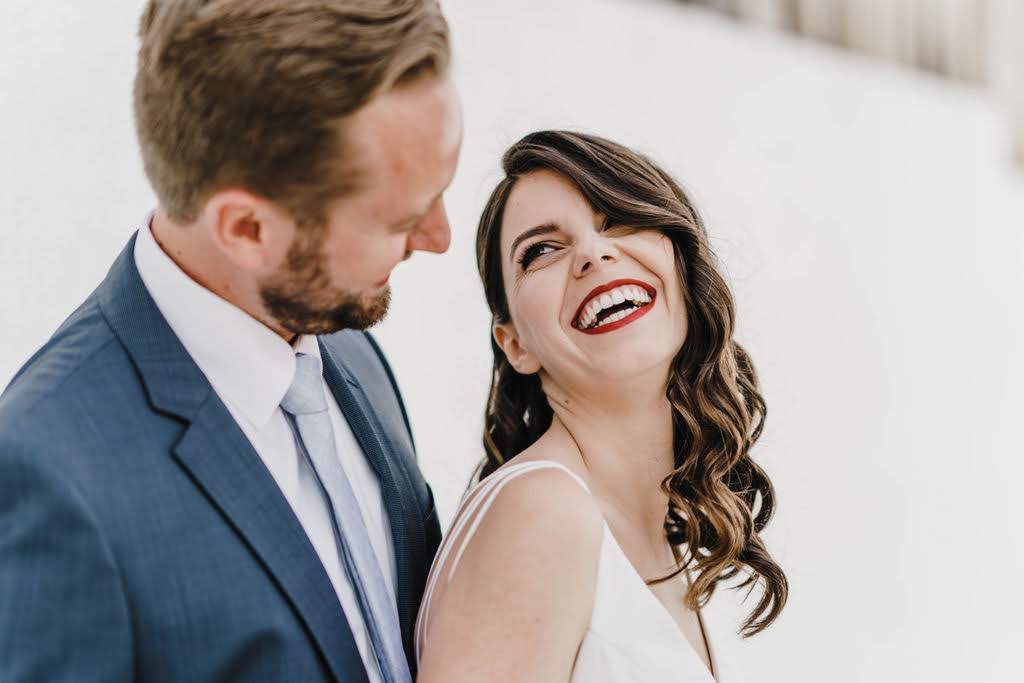
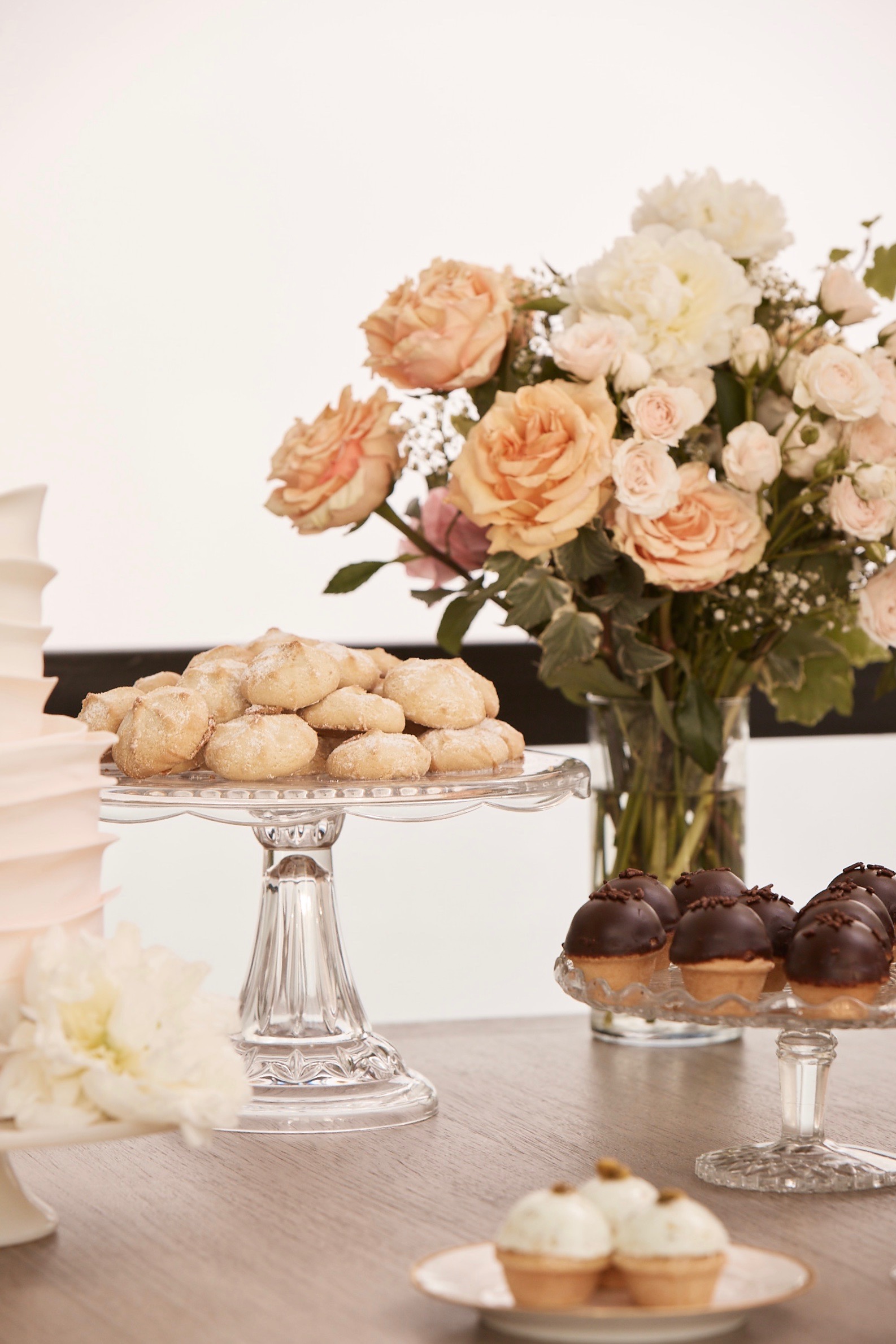
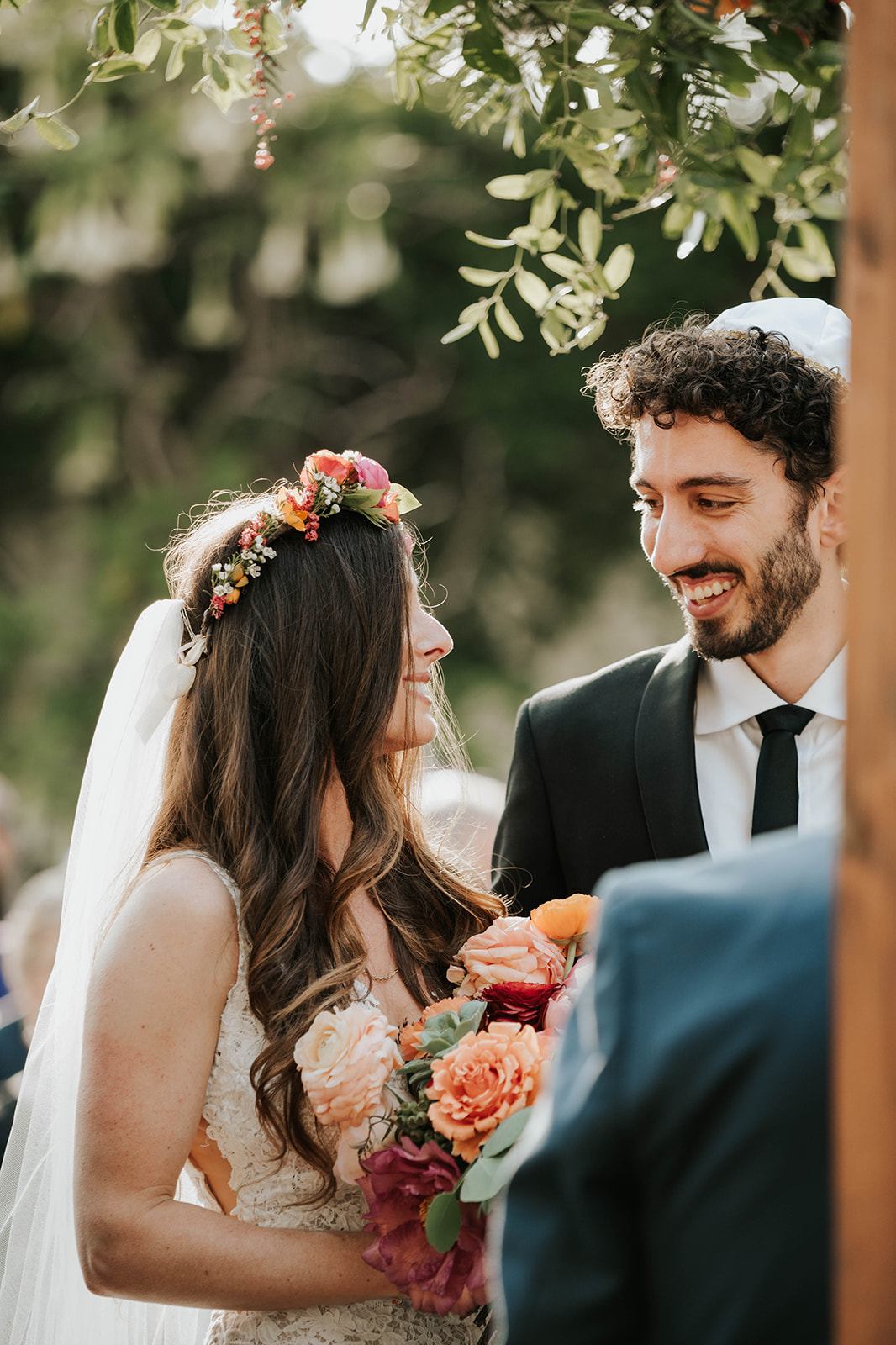
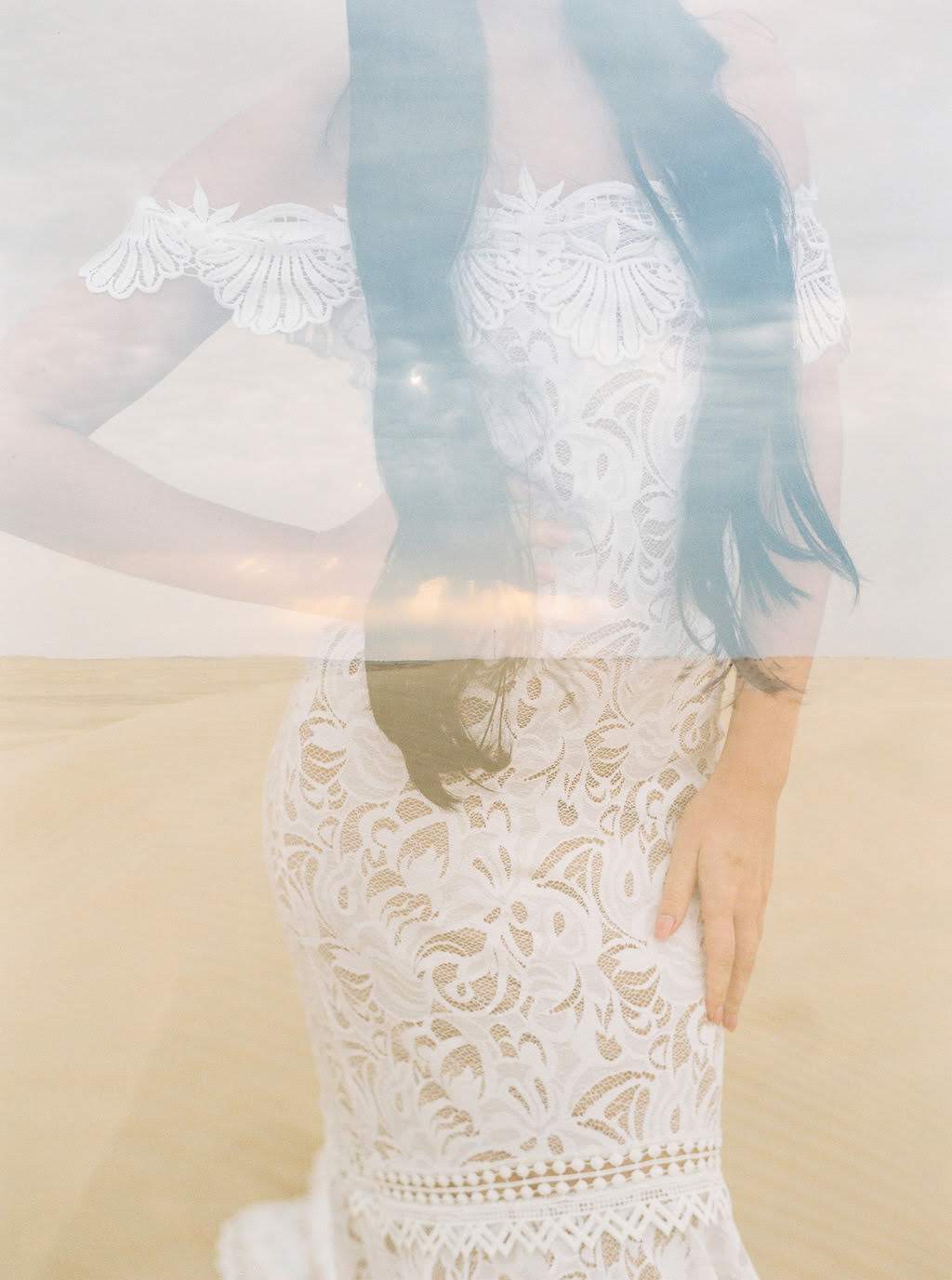
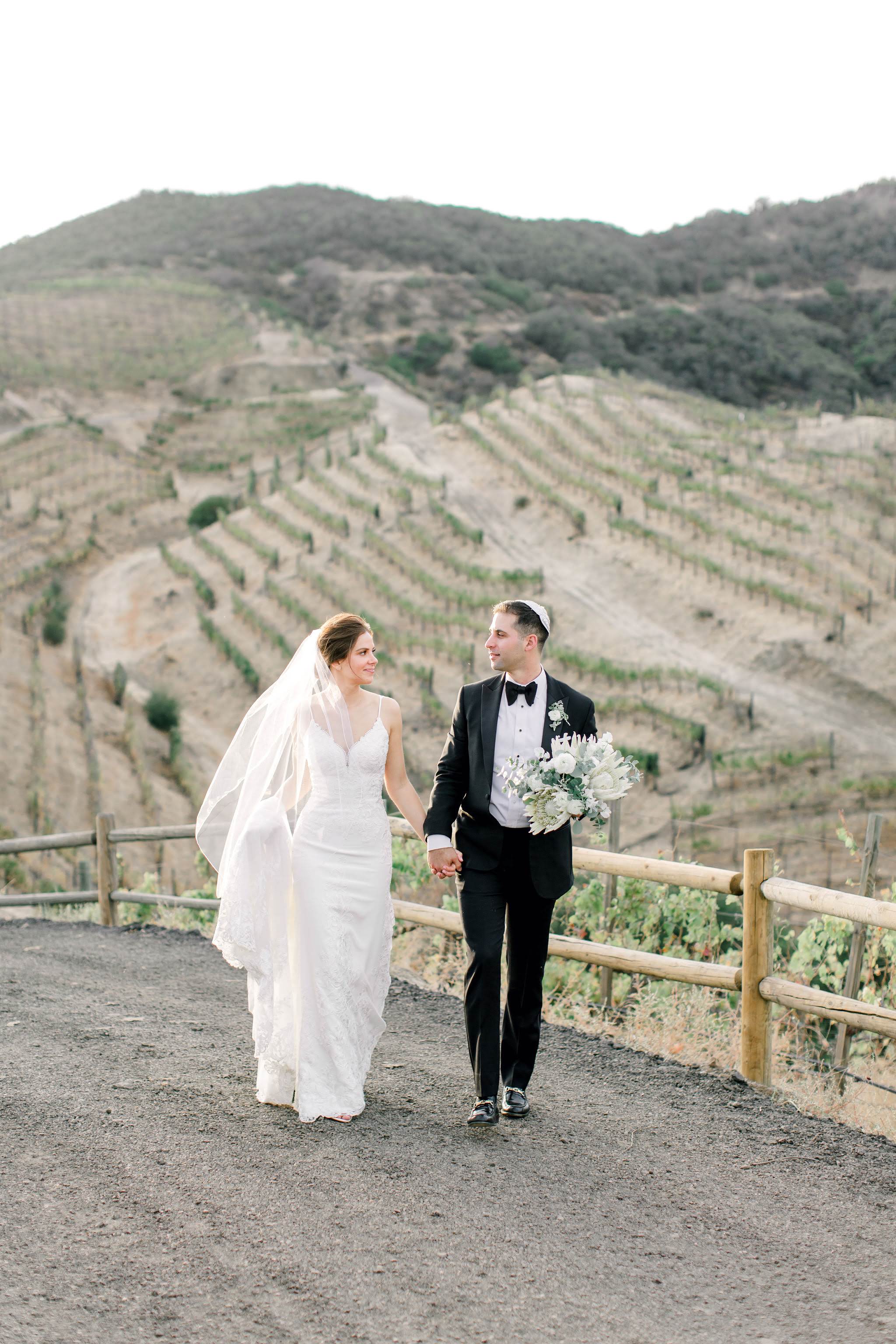
+ COMMENTS
add a comment